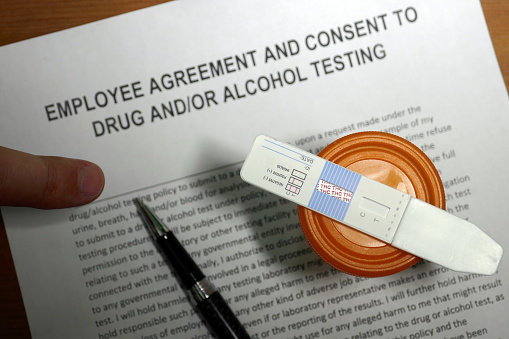Did you know around 45 percent of hourly employees admit to fudging their hours? Around one in five employees have also been guilty of clocking in or out their co-workers fraudulently. Time card fraud is a serious issue that leads to a loss of company revenue and goodwill with employees. Let’s take a look at some tips for identifying time card fraud and how a private investigator (PI) can help your business.
What Is Time Card Fraud?
Time card fraud is when an employee receives pay for hours that they did not work or tasks they did not complete. This can also be referred to as time theft or time and attendance fraud. While this fraud can happen in any business, there are specific types of jobs that are more likely to be susceptible to time fraud. For example, remote employees or sales people that maintain their own timesheets and then submit them regularly for payment.
Examples of Time Card Fraud
- Employees participate in lengthy personal activities on the clock (i.e. getting groceries, going to appointments, etc.)
- Employees spend time on non-work related tasks while on the clock
- Employees clock in on time even though they arrived to work late
- Employees take very long breaks but do not record the extra time off the clock
- Employees add off-the-clock work hours that wasn’t started
Tips for Identifying Time Card Fraud
As a business owner, it can be challenging to identify a cheating employee. This is especially true when your employees seem honest and professional. There are some key tips to follow to protect yourself and your business from losing profits and allowing dishonest people from robbing your business.
1. Enforce Company Policies and Procedures
As a business owner, it’s important to enforce company policies and procedures related to timekeeping, whether it’s electronic or handwritten time cards. During the hiring process, your HR department will have new employees read and sign an employee agreement. This agreement should include rules about timekeeping. With their signature, your new employees are stating that they acknowledge and agree to all your company policies.
2. Set Boundaries on Employees Use of Company Assets
It’s important to set specific boundaries on how employees can use certain company assets for work. If you see or hear of any abuse of this privilege, you can use a series of warnings to address the situation. The first warning is typically a verbal one followed by a written warning, suspension at work, and lastly, termination of employment. Getting fired should be a last resort after several other warnings. Indeed, this shows others that you are not there to play games – you are running a professional business.
3. Establish Written Policies About Timekeeping
As mentioned above, your company should have a clear approach to handling timekeeping. It’s a good idea to create a written policy that is specific and crystal clear about how all employees should handle timekeeping. Your management should be aware of any timekeeping wage and hour laws. Managers should know what to expect, what to check for, and how to address any possible fraud. This policy should be focused on ensuring that timekeeping is accurate and reliable. Some companies require employees to use specific apps, biometric time clocks, or time attendance software to track their time in real-time.
4. Enforce Review Process
If you have a fairly large company, it’s a good idea to enforce a review process. Train each department’s managers to review and sign off of their department’s timesheets before submitting them to HR. If something seems off, managers can ask employees questions and verify any necessary documents before payments are sent out.
Private Investigators Can Help
If you have reason to believe one or more of your employees is committing time card fraud, consider hiring a licensed private investigator to confirm your concerns. PIs have the skills, experience, and resources to conduct surveillance on the person in question. They will find out where they are spending their time, whether that’s at work or somewhere else. Surveillance can provide hard evidence to determine whether an employee has been honest about their timekeeping.
Perhaps a PI finds enough evidence to confirm your suspicions. You can then use this information to fire the dishonest employee. If a lawsuit is brought up, the surveillance can protect you against being sued.
In addition to surveillance, a private investigator can run an employee background check on potential new hires. This can help you avoid hiring people with a track record of fraud and other crimes. PIs can also help you improve your office security, so you can prevent acts of employee fraud in the future. If you are looking for the best Florida private investigator, look no further than PATRIOT Backgrounds and Investigations today.












